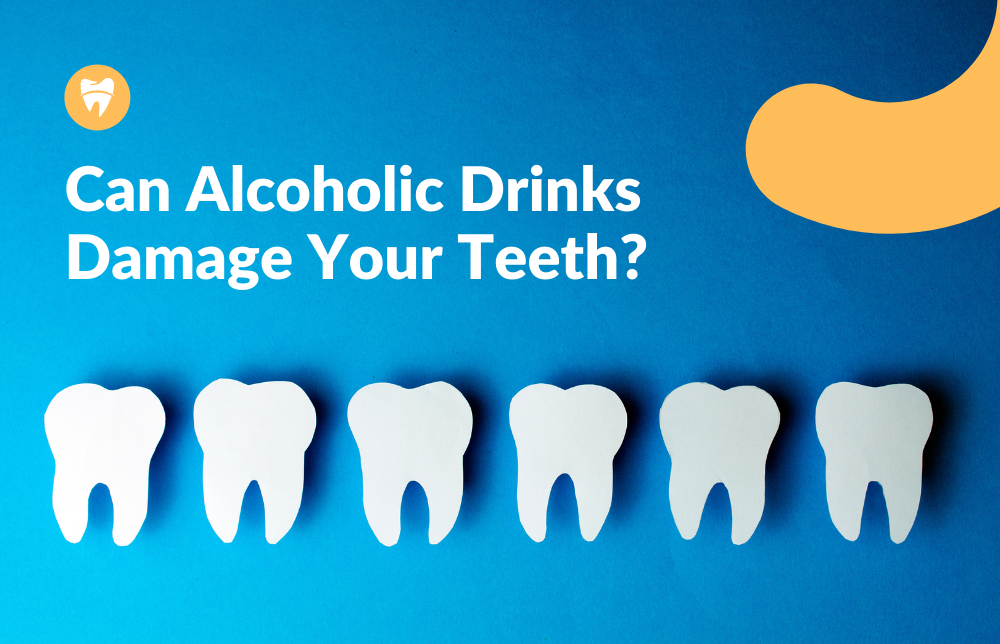
3 Options for Replacing Adult Teeth
January 3, 2022
It's easy to remember the excitement of losing teeth when we were children. From that first wiggly tooth, waiting for it to fall out, and the thrill of waking up to a note or gift from the tooth fairy. But while losing teeth is a childhood rite of passage, losing teeth in adulthood can be upsetting and expensive. Losing adult teeth is often irreversible and can only be treated by getting your teeth replaced. Adult tooth loss is known as edentulism.
Edentulism is an oral health condition that affects more than 25% of people 65 years or older. People can lose teeth for a variety of reasons. Gum disease and tooth decay are the most common reasons. Other factors like a history of inadequate dental care, injury, grinding your teeth, or even genetics can be the cause.
Though losing teeth can be upsetting, there are many excellent options to replace the tooth to get your oral hygiene – and smile! – back.
The Most Common Solutions for Replacing Adult Teeth
Bridges
A bridge is a fixed device that connects a prosthetic tooth to the adjacent existing teeth in the mouth. Getting a bridge will likely take at least two appointments. At the first appointment, the dentist prepares the teeth. In the cases of traditional and cantilever bridges, they may place temporary crowns. They might also take impressions of your teeth. The actual bridge is placed at a later visit.
Partial Dentures
Partial dentures consist of fake teeth and a gum-colored base attached to a removable metal frame. They can be inserted snugly between your natural teeth. In some instances, crowns are placed on the adjacent natural teeth to provide anchors for the dentures.
Because the surface of dentures may feel different than your natural teeth, adjusting to eating and speaking with them can take time. You might experience an excess of saliva, feel as though your tongue is crammed in your mouth or experience some irritation or soreness. As you age and your mouth changes, your dentures will need to be remade to function properly.
Dental Implants
Dental implants are titanium fixtures surgically placed into the jawbone beneath the gums. The main advantages of implants are they provide sturdy permanent support, no adjacent teeth need to be adjusted to hold the replacement teeth in place, and normal eating and speaking abilities are maintained because the replacement tooth won’t slip or shift. Implants potential downsides include they can be expensive and only people with healthy gums and a secure jawbone are candidates for implants.
Replacing a lost tooth is never easy, but there is good news. Not only can all of these options provide excellent solutions, but INRTA has excellent Dental Plans that can help you restore your smile quickly and protect the rest of your mouth. Sign up for the plan that’s right for you now.
Source: https://www.nidcr.nih.gov/research/data-statistics/tooth-loss/seniors
RECENT POSTS
An Ambulance Trip Is Stressful: With MASA, the Cost Doesn’t Have to Be
People who require an emergency ambulance trip frequently ask the same question upon receiving the bill: “Why was the
Read More
AMBA’s Essential Insights in Dental Health: Understanding Cavities
Have you ever experienced pain or noticed persistent sensitivity in your teeth? You might have a cavity. Cavities are common,
Read More
Keep “Looking” Your Best: The Unique Eye Health Challenges for Women Over 55
March is Women’s History Month, a time to celebrate women's contributions to American history and society. It’s
Read More

Leaving Your Home To A Loved One
If you’re like many people, your home represents more than just financial value. As the saying goes, "Home is where the
Read More

